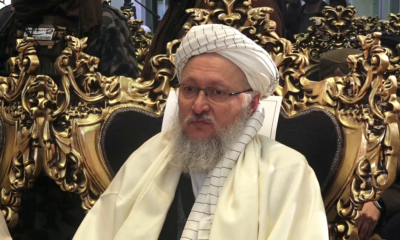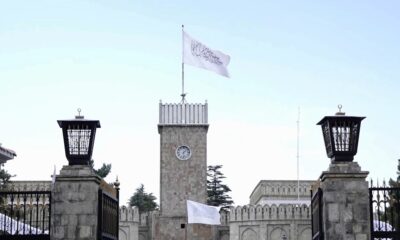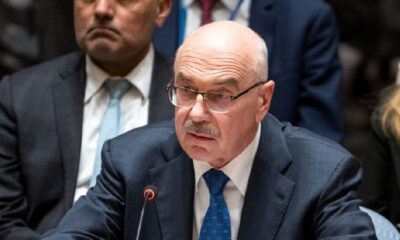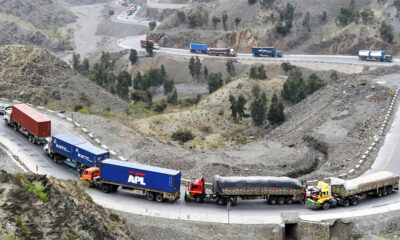Latest News
American University Of Afghanistan (AUAF) To Be Closed If Federal Funding Is Cut
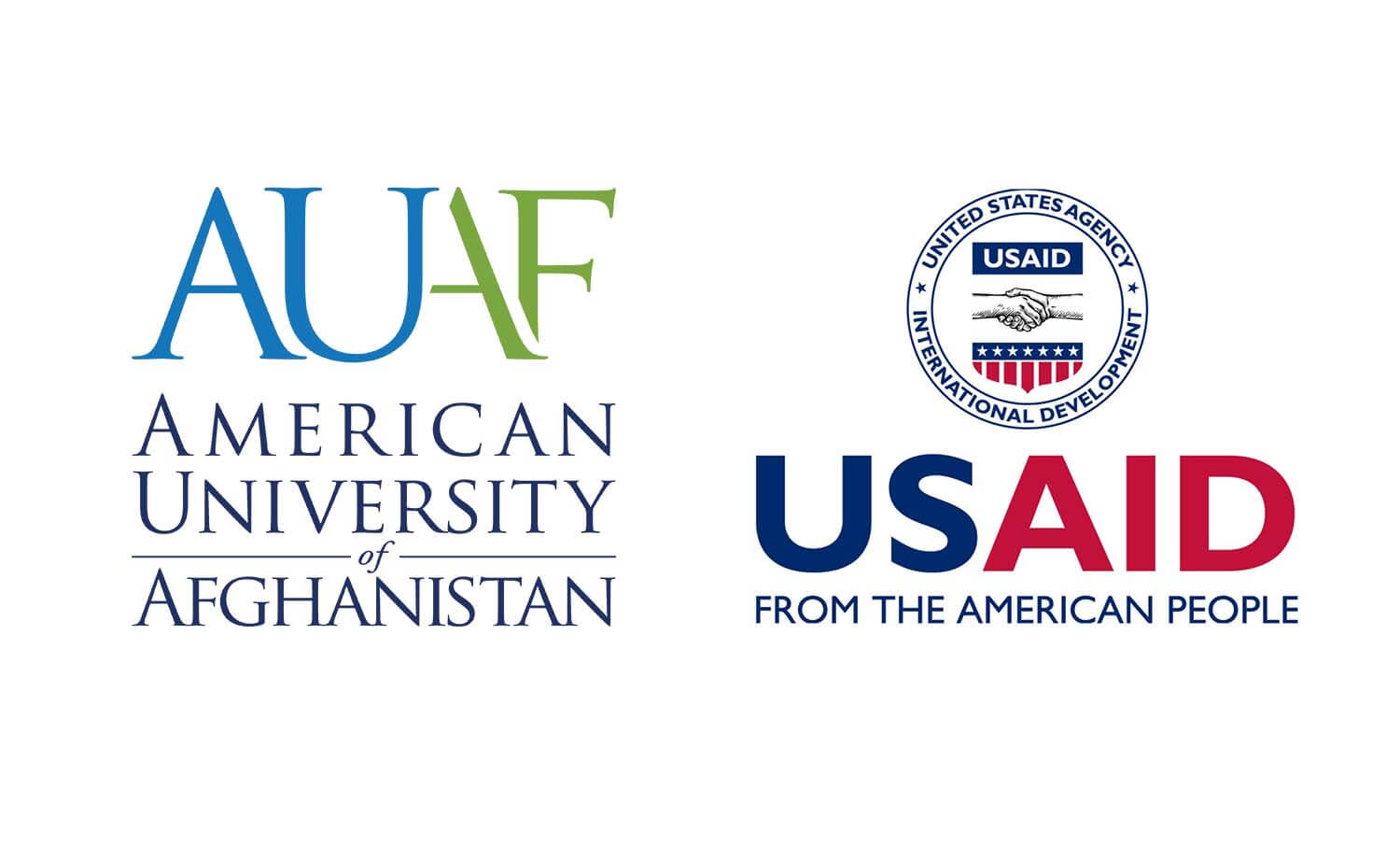
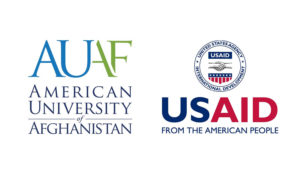 The latest report by CNN shows that if the USAID withdraws its funding for AUAF, there is a high possibility that this university will shut down next year.
The latest report by CNN shows that if the USAID withdraws its funding for AUAF, there is a high possibility that this university will shut down next year.
The American University of Afghanistan, which is one of the top universities of the country, receives almost 60% of its funding from federal funding of the USA. This comes as, in the latest meetings of the USAID with the board of trustees of the university, it was concluded that the university should diversify its streams of funding.
“At a meeting with members of the AUAF Board of Trustees on December 9, 2019, USAID’s leadership once again strongly encouraged the university to diversify its funding sources, as representatives from the Agency had done in past correspondence and previous meetings, both in Washington and in Kabul,” a USAID spokesperson told CNN.
This is just an assumption and is not final yet. It is just to show the worst scenario case that will happen to this university again which was almost closed in 2016 following the Taliban’s attack.
The current funding will last by May. If by any possibility, the university closes, the academic journey of more than 800 students will be uncertain, and the staff and faculty members of AUAF can look for new jobs in April.
This is not the first time that AUAF is facing the danger of closure. Back in 2016, after the attack of the Taliban which killed around 16 people, the university was closed for seven months. It could survive that and run its operations.
Latest News
Afghanistan has legal right to defend itself against interference: Hanafi
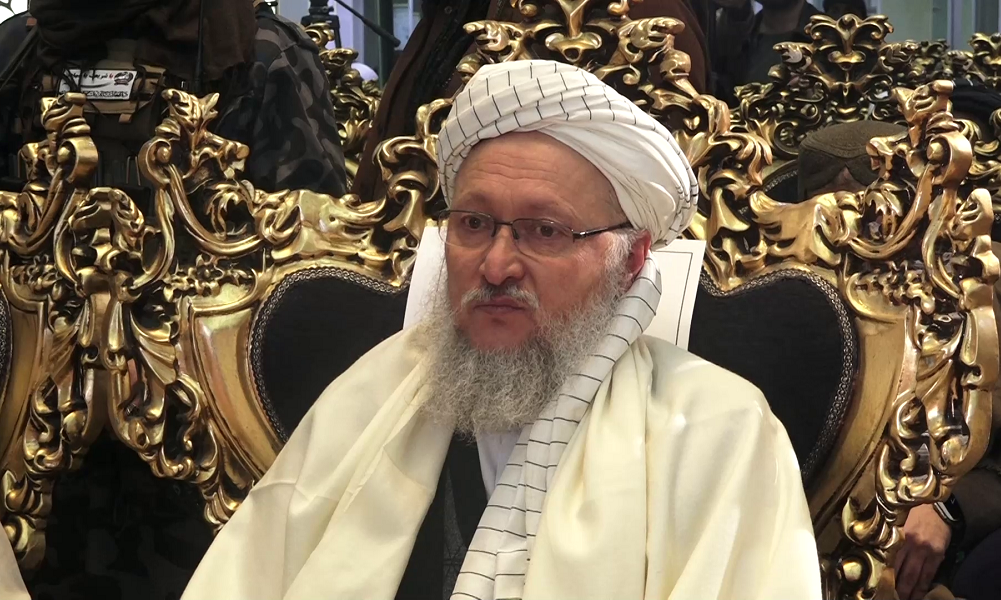
Deputy Prime Minister for Administrative Affairs Abdul Salam Hanafi says if anyone attempts to interfere in the internal affairs of the country, it is Afghanistan’s religious and international right to defend itself.
Hanafi made these remarks during the inauguration ceremony of a commercial complex in Kabul.
“If someone interferes in Afghanistan’s internal affairs, it is Afghanistan’s undeniable, religious, and international right to defend itself. If someone throws a stone at us, we will be compelled to respond, even if it means throwing a mud-brick back at them,” said Hanafi.
Hanafi also reiterated the importance of positive interaction and good relations with countries in the region and the world, emphasizing that tension among neighboring countries benefits no one.
He stated: “It is in no neighboring country’s interest to have tension among them. The better the relations, the more it benefits the people of the neighboring countries. Therefore, the Islamic Emirate of Afghanistan always supports this peaceful policy and friendly relations.”
“The policy of the Islamic Emirate of Afghanistan towards the world is that we seek positive engagement with everyone,” he added.
Latest News
IEA rejects Pakistan’s claim of Daesh recruiting in Afghanistan
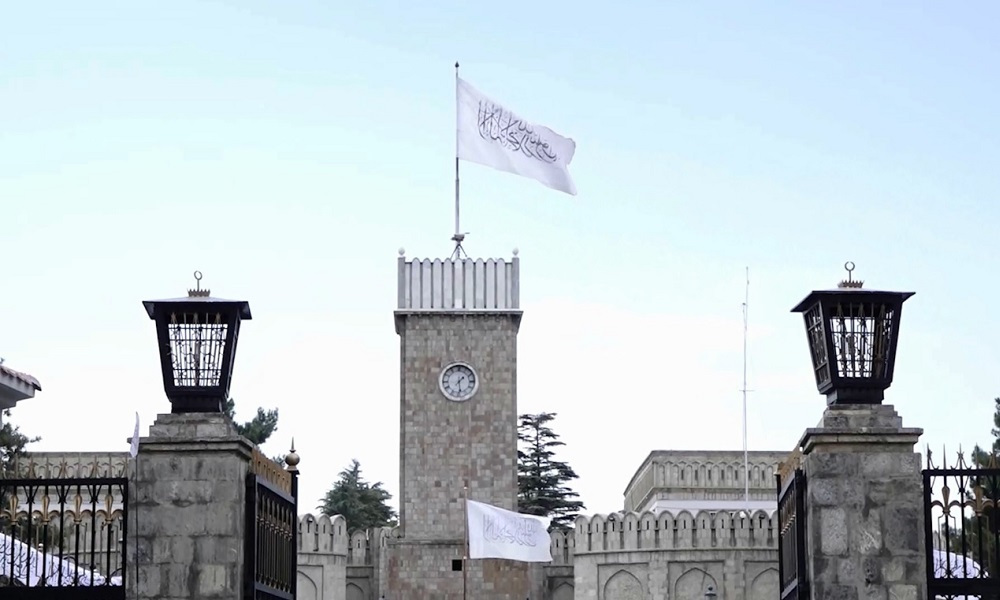
The Islamic Emirate of Afghanistan (IEA) has rejected claims made by Pakistan’s representative to the UN Security Council, Munir Akram, that Afghanistan is an ISIS (Daesh) “recruitment center”.
According to a statement issued by the foreign ministry, the IEA said the claims were unfounded and accused Pakistan of trying to shift focus away from its own internal issues.
The ministry reiterated that since the IEA’s return to power significant strides have been made to eradicate Daesh and other extremist groups in Afghanistan.
The foreign ministry stated that Pakistan is using these allegations as a distraction from its own instability. The ministry urged the international community to recognize the progress made in Afghanistan and to refrain from placing blame on the country.
This comes after Monday’s UN Security Council meeting where the threat of Daesh was discussed. The UN’s Under-Secretary-General for Counter-Terrorism, Vladimir Voronkov, said ISIS-K in Afghanistan (Daesh) “supporters plotted attacks in Europe and were actively seeking to recruit individuals from Central Asian States”.
Voronkov provided details on the global terrorism landscape during the past six months, and said “in Afghanistan, ISIL-Khorasan (Daesh) continued to pose a significant threat”.
Russia’s Ambassador to the United Nations also raised the issue of ISIS-K in Afghanistan and said the “access terrorist groups like ISIS have to leftover American weapons in Afghanistan” was concerning.
Afghanistan meanwhile does not have an Islamic Emirate representative at the UN and has repeatedly called for their seat to be handed over to them, stating any discussions on or including Afghanistan were meaningless without the IEA’s participation.
The Islamic Emirate has also repeatedly rejected claims of Daesh being active in Afghanistan and have said that the group has been eradicated in the country.
On the subject of US weapons in the country, the IEA has described such concerns as baseless and repeatedly stated that all US weapons and military equipment left behind are secured by the government, with no group or individual having access to them.
Latest News
Karzai condemns Kunduz bombing
The Qatar government was also quick to condemn the incident and expressed its condolences to the families of victims.
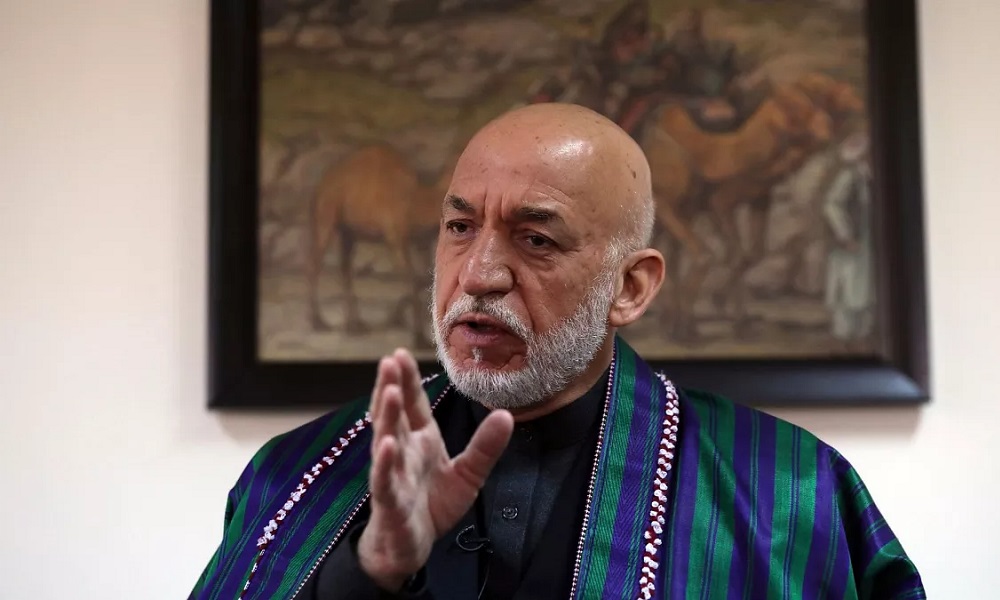
Afghanistan’s former president Hamid Karzai has strongly condemned the explosion that rocked Kunduz city on Tuesday, leaving at least five people dead.
In a post on X, Karzai called the incident “an act against human and Islamic principles”.
The incident took place outside a Kabul Bank branch in the city when a suicide bomber detonated his explosives.
The Qatar government was also quick to condemn the incident and expressed its condolences to the families of victims.
According to a statement issued by Qatar’s Foreign Affairs, Doha is fully committed to “the rejection of violence and terrorism, regardless of the motives and causes”.
-
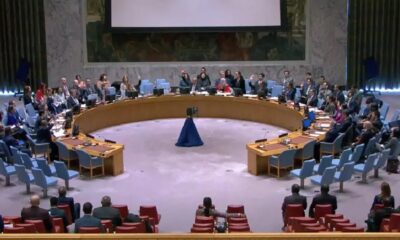
 Latest News5 days ago
Latest News5 days agoUN Security Council to hold meeting on Daesh threats from Afghanistan and region
-
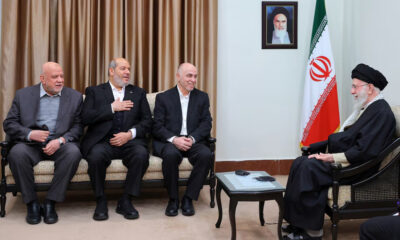
 Regional4 days ago
Regional4 days agoIran leader Khamenei meets top Hamas leaders in Tehran, state TV says
-

 World4 days ago
World4 days agoTrump revokes security clearances for Antony Blinken, Jake Sullivan
-

 International Sports4 days ago
International Sports4 days agoDubai Capitals take on Desert Vipers in epic DP World ILT20 Final
-

 Sport5 days ago
Sport5 days agoIslamuddin Amiri announces retirement from football
-
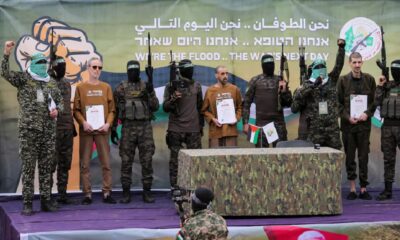
 World5 days ago
World5 days agoHamas frees three more Israeli hostages for 183 Palestinian prisoners
-
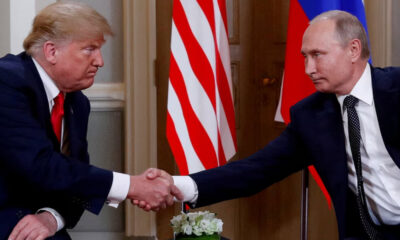
 World3 days ago
World3 days agoTrump says US is making progress with Russia, declines to discuss talks with Putin
-

 Latest News4 days ago
Latest News4 days agoSaudi Arabia rejects Israel PM Netanyahu’s remarks on displacing Palestinians




